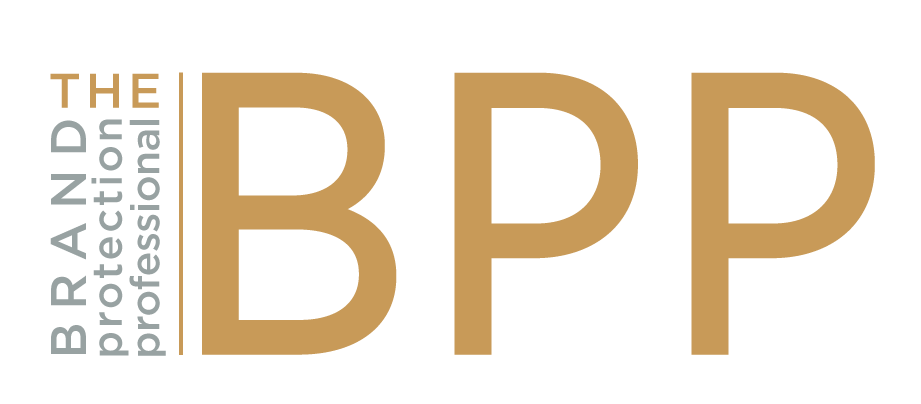Trade Secret
Theft in Academia:
Brand Owners Are
Not the Only Ones
Who Noticed
Two years ago, I co-authored an article appearing in The Brand Protection Professional raising concerns about – and suggesting ways to protect against – the growing and often overlooked problem of trade secret theft for companies entering into research arrangements with universities. In this setting, company employees and academic researchers work side-by-side in developing trade secrets. (See “Where Do Brand Owners Find the Undiscovered Leak of Their Trade Secrets? It’s Academic“, BPP, March 2018)
However, brand owners and universities are not the only entities concerned about trade secret theft occurring at universities. In the last 15 months, the U.S. Department of Justice has taken two important steps of its own to combat theft of trade secrets in academia.
First, on November 1, 2018, then-Attorney General Jeffrey Sessions announced that he was creating a new initiative on behalf of the Justice Department to combat Chinese economic espionage, called the “China Initiative.” The purpose of the China Initiative is to “identify priority Chinese trade secret theft cases, ensure that [DOJ has] enough resources dedicated to them, and make sure that [DOJ] bring[s] them to an appropriate conclusion quickly and effectively” (Sessions, 2018). Then-Attorney General Sessions stated that one of the economic threats that led to the creation of the China Initiative included Chinese espionage “against targets like research labs and universities.” Id. As noted in my previous BPP article, universities are particularly vulnerable targets of economic espionage because they are collaborative and relatively open incubators of state-of the-art technology being jointly developed with brand owners.
In recognition of this risk to academia, the Justice Department took a second step, through the Federal Bureau of Investigation (FBI), when it announced on October 4, 2019 that the FBI would be reaching out to universities to help them address the challenges posed by trade secret theft in universities, particularly economic espionage intended to benefit China. The FBI even published a report, entitled “China: The Risk to Academia.” That report emphasized that, “while the vast majority of students and researchers from China are in the United States for legitimate academic reasons and contribute to the diversity of backgrounds and ideas important in our society, the Chinese government uses some students . . . and professors to operate as non-traditional collectors of intellectual property” Id.

In its report, the FBI identified some of the same threats in the university setting raised in the BPP article for brand owners operating jointly with universities. For example, the FBI’s announcement properly warns that foreign adversaries will attempt to leverage joint research opportunities and collaborative environments, “such as incubators and joint research centers,” to steal their research. It is precisely these types of joint ventures where brand owners and universities are most likely to collaborate; and also where a foreign adversary may co-opt students or professors to obtain the trade secrets that these joint ventures create. The FBI also warned about the risks of trade secret theft that foreign travel and foreign national students can pose in the university setting.
Most importantly, the FBI’s report recommended several steps that companies and universities alike can take to shield trade secrets developed with academia from theft. Some of the best suggestions include:
- Employ processes to screen soon-to-be employees to assess the risk they may pose and determine whether such employees’ access to trade secrets should be limited.
- Educate and regularly train employees on security policies and protocols.
- Create a program that regularly screens current employees for conflicts of interest and insider threats.
- Conduct exits interviews to identify potential high-risk employees (e.g., former employees more likely to be dissatisfied such as terminated employees).
- Ensure that any other joint venture companies and university employees are thoroughly vetted.
Lastly, the Justice Department has already started to take steps to combat economic espionage occurring in universities – and the federal government has not limited itself to bringing only economic espionage charges. On August 21, 2019, a federal grand jury indicted a Chinese scientist, who was conducting research on sustainable technology to conserve natural resources and energy at the University of Kansas, on fraud charges because he hid the fact that he was also working full time for Fuzhou University in China (DOJ, 2019).
In addition, on January 28, 2020, the federal government arrested the Chair of Harvard University’s Chemistry and Chemical Biology Department on charges that he made materially false, fictitious, and fraudulent statements. Specifically, the federal complaint alleged that the Harvard professor, who specialized in nanoscience research, failed to disclose that in 2011 he became a “Strategic Scientist” at Wuhan University of Technology (WUT) and received $50,000 per month from WUT. Previously, the professor had received over $15 million in grant funding from the U.S. National Institutes of Health and the Department of Defense (DOJ, 2020).
These cases further highlight the need for brand owners to ensure that they understand all the foreign ties that their academic partners have before entering into a joint venture where trade secrets may be developed or disclosed.
John H. Zacharia is the former Assistant Deputy Chief for Litigation with the Computer Crime and Intellectual Property Section of the United States Department of Justice’s Criminal Division. Now in private practice he helps victims of intellectual property crimes and cybercrimes protect their rights.
THE BRAND PROTECTION PROFESSIONAL | MARCH 2020 | VOLUME 5 NUMBER 1
Copyright 2020 Michigan State University Board of Trustees
